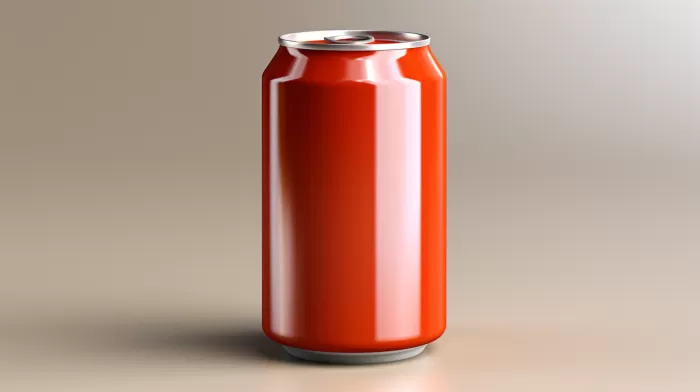If you’re struggling to lose weight, there may be hidden factors in your diet that are holding you back. One of the biggest culprits can be the beverages you consume daily, especially if you drink a lot of soft drinks. Many people opt for diet sodas, but they may not be the healthier choice after all. In fact, consuming more than two cans of soda each day can increase your chances of suffering from depression and anxiety by up to three times the risk faced by those who drink few to no sodas.
The Dangers of Soft Drinks
A number of studies have highlighted the negative health consequences of consuming soft drinks:
- An analysis of 88 reports led by Kelly D. Brownell, Ph.D., of Yale’s Rudd Center for Food Policy and Obesity found that sodas increase your calorie intake by more than the calorie content of the drinks themselves. This suggests that they may increase your hunger, decrease your sense of fullness, or both.
- Drinking one soda each day can cause you to gain as much as 15 pounds in just one year.
- Soda consumption may lead to a decrease in your calcium intake and an increase in fractures.
- The high sugar content in soda can lead to higher cholesterol levels and an elevated risk of type 2 diabetes.
- Research by the American Stroke Association’s International Stroke Conference showed that people who drink diet soda daily have a 61 percent higher risk of suffering a stroke or heart attack than those who drink no diet drinks.
- The phosphoric acid in soda erodes your tooth enamel, even if the soda is sweetened with artificial sweeteners instead of sugar. The acidity of many sodas can be as strong as battery acid.
- Drinking two or more sodas a day almost doubles your chance for early signs of kidney disease, especially if you’re a woman.
The Problem with High Fructose Corn Syrup
Unfortunately, most sodas contain high fructose corn syrup (HFCS), which can be detrimental to your health. HFCS does the following:
- Blocks the assimilation of calcium.
- Causes cancer in test animals and predisposes humans to cancer.
- Bypasses the pancreas as a synthetic sugar, eventually causing the pancreas to shut down and leading to diabetes.
- Causes obesity and is highly addictive.
Even diet drinks that don’t contain HFCS are still unhealthy. The sweetener aspartame, found in many diet sodas, is a neurotoxin. In the body, it breaks down into phenylalanine, aspartic acid, and methanol. When methanol is heated above 86 degrees F, it converts into formaldehyde. The human body’s resting temperature is 98.6 degrees F.
The Power of Breakfast
One of the best ways to improve your chances of losing weight is to eat a nutritious breakfast. Studies have shown that skipping breakfast can make your brain crave high-calorie foods because your body needs to make up for those lost calories. According to Anthony Goldstone, M.D., Ph.D., of Imperial College in Great Britain, this can not only make it more difficult to lose weight, but could potentially cause you to gain weight.
Research has shown that people who eat breakfast regularly generally consume fewer calories, tend to eat less saturated fat and cholesterol, weigh less, and gain less weight over the years. Additionally, eating breakfast each morning may help reduce your risk for obesity and insulin resistance syndrome by as much as 35 percent to 50 percent. If you regularly eat whole-grain cereal for breakfast, you can decrease your chances of dying from cardiovascular disease by 20 percent, according to a Harvard study.
In Conclusion
If you’re trying to lose weight, consider cutting back on soft drinks, especially those that contain high fructose corn syrup. Instead, focus on eating a nutritious breakfast each day to help manage your hunger and lower your calorie intake. By making these simple adjustments, you can greatly increase your chances of improving your overall health and achieving your weight loss goals.



